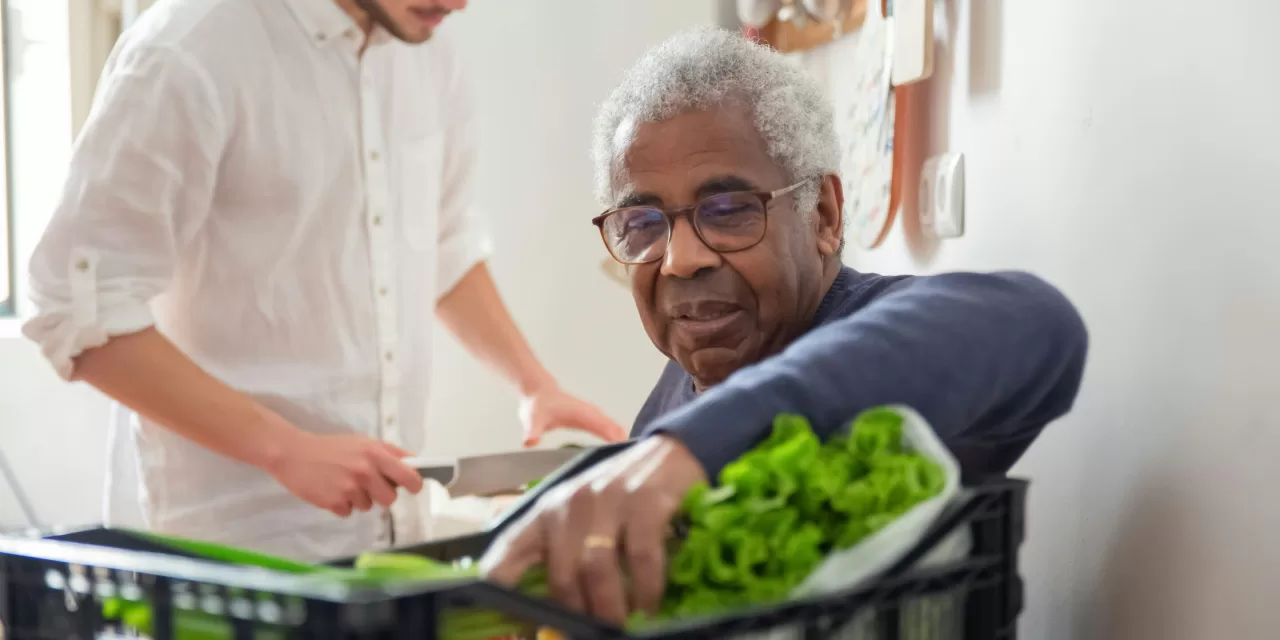A groundbreaking study from the Brown School at Washington University in St. Louis has found that volunteering, even in modest amounts, is associated with slower biological aging. The research, published in the journal Social Science & Medicine, suggests that individuals who volunteer regularly experience decelerated epigenetic age acceleration, especially among retirees.
The study, titled “Does volunteering reduce epigenetic age acceleration among retired and working older adults?” was co-authored by Cal Halvorsen, an associate professor at the Brown School. Halvorsen noted that the benefits of moderate volunteering—defined as 50 to 199 hours per year, or approximately one to four hours per week—were particularly evident among retirees.
“We found that volunteering at a moderate level was linked to slower biological aging, especially for those who are retired,” said Halvorsen. “For retirees, the act of volunteering may offer valuable social connections and physical activity that they might miss after leaving the workforce, leading to more gradual epigenetic age acceleration.”
The study used data from the Health and Retirement Study, a comprehensive national survey tracking older adults’ health and well-being. The findings revealed that retirees who volunteered at least 50 hours per year exhibited slower biological aging than non-volunteers. In fact, the more time a person dedicated to volunteering, the more pronounced the benefits, with those volunteering more than 200 hours annually experiencing the greatest reductions in age acceleration.
Halvorsen explained that higher engagement in volunteering could provide a significant “dose” of social, physical, and purposeful interactions—all factors that have been individually linked to less rapid aging.
While the study found that working individuals also benefited from volunteering, the effects were most significant for retirees. “Volunteering made up for some of the engagement benefits that retirees no longer get from paid work,” said Halvorsen. “For retirees, these social and physical interactions might be especially crucial.”
Even for those who volunteered just one to 49 hours annually, retirees experienced more noticeable health benefits than their working counterparts, according to the study.
Halvorsen emphasized the rigor of the study, noting that the researchers controlled for various health factors such as physical activity levels, smoking habits, obesity, and depression. By accounting for these factors, the researchers could confidently attribute the benefits to volunteering itself rather than other health conditions.
The study was led by Seoyoun Kim, of Texas State University, with additional contributions from Claire Potter of Queen’s University Belfast and Jessica Faul of the University of Michigan.
In conclusion, the research highlights the positive impact of volunteering on aging, suggesting that regular volunteer work can contribute to well-being and slower biological aging, particularly for retirees. As Halvorsen put it, “Volunteering later in life is good for you, and the more you engage, the greater the benefits.”
For more details, the study can be accessed in the Social Science & Medicine journal.












